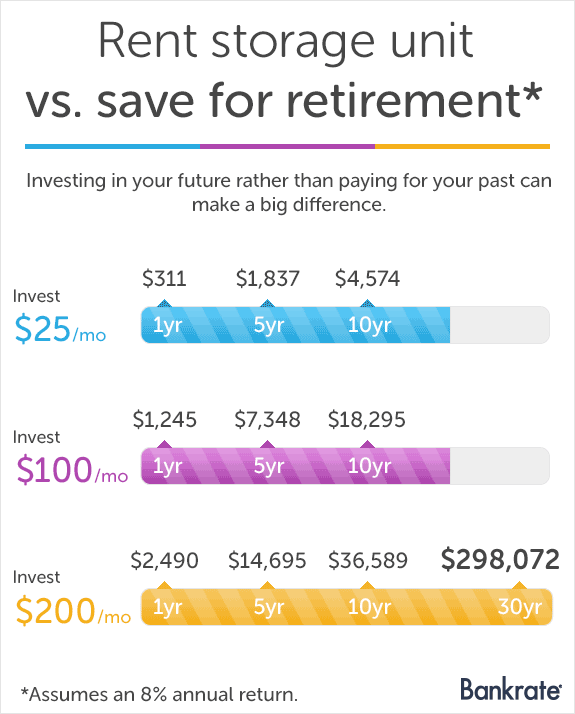To learn more, come to Financial Planning for Women on Wednesday March 2 (a week early due to USU's spring break). We will focus on securing your financial and vital documents to weather disasters. FPW is a monthly educational seminar that meets the second
Wednesday (usually but not in March) of most months at two times: 11:30-12:30
p.m. in the USU Taggart Student Center room 336 (Bring a lunch), and at
7:00-8:30 p.m. at the Family Life Center, 493 North 700 East, Logan (at bottom
of Old Main Hill). The longer evening time slot allows for more discussion.
Programs are free and registration is not required. Men are always welcome. New
attendees will receive copies of personal finance magazines.
Each time you attend FPW between January and March you will be entered into a drawing for a free financial advising session.
Each time you attend FPW between January and March you will be entered into a drawing for a free financial advising session.

